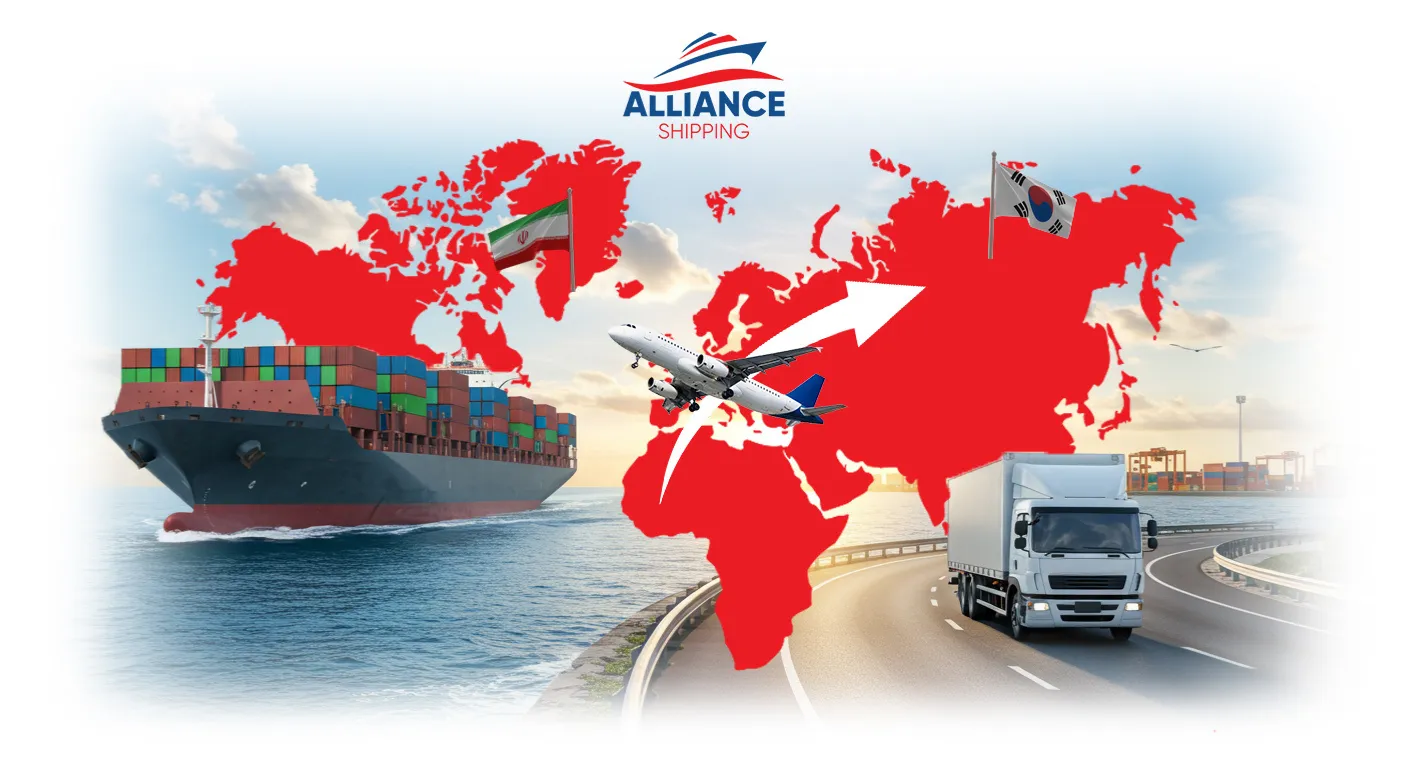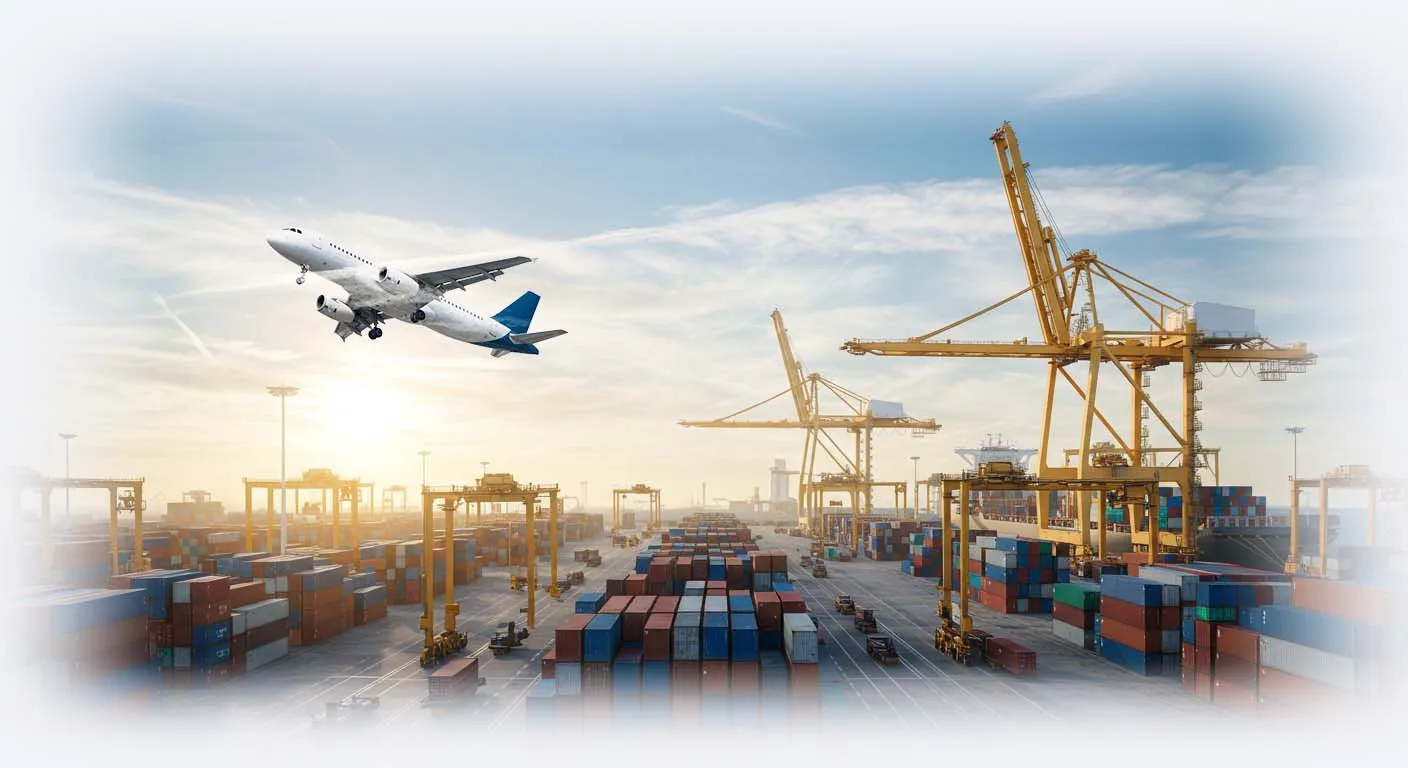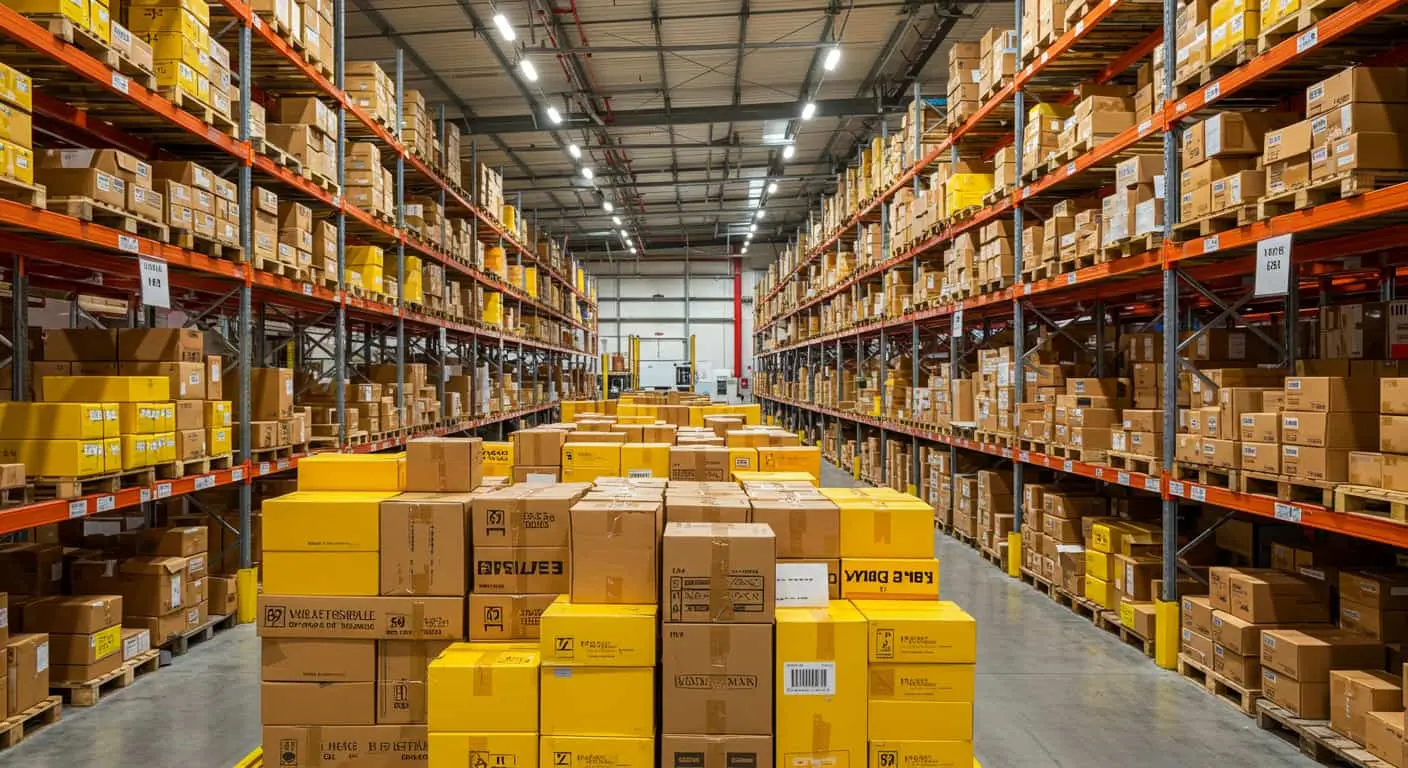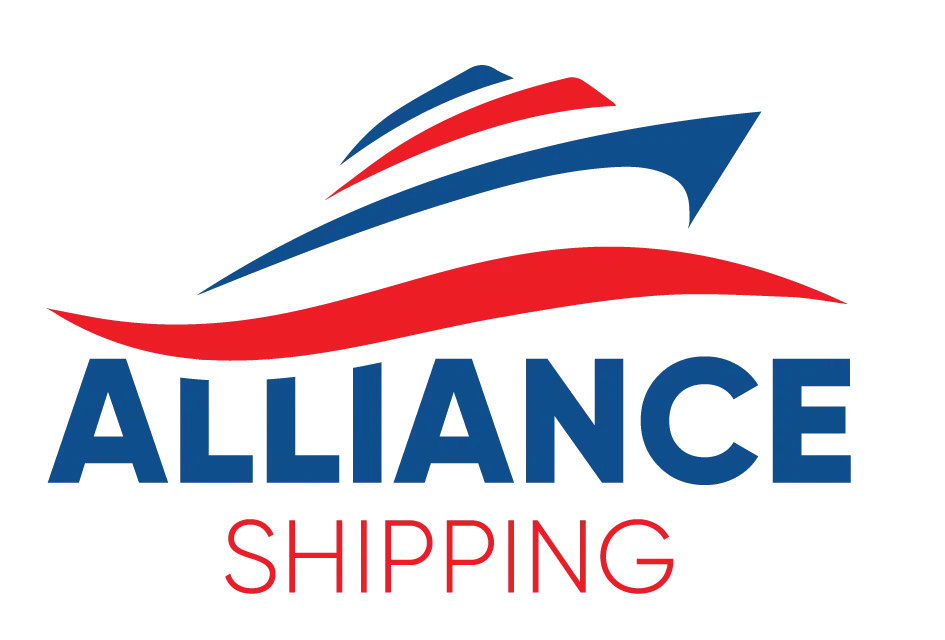Shipping Cargo from Iran to South Korea
Professional shipping solutions with competitive rates and reliable service. Your trusted
partner for Iran-South Korea cargo.

Overview
Shipping Cargo from Iran to South Korea
The shipping of cargo from Iran to South Korea has experienced significant growth, largely due to the expanding trade relations between the two countries. Major exports from Iran to Korea include oil and petrochemical products, with various agricultural goods and minerals also being prominent. With increased demand, cargo logistics are growing to accommodate the substantial volumes, making the export cargo services from Iran to Korea crucial. Businesses are keen on the efficient transfer of freight due to the smooth trade agreements in place. The consistent increase in trade is boosting the demand for cargo from Iran to South Korea, creating a vibrant market between the two nations.

Shipping Methods
How Cargo from Iran to South Korea Moves
Air freight is the fastest way to transport cargo from Iran to South Korea. It is ideal for businesses that require quick delivery times. While this option is more expensive compared to sea freight, it provides a reliable solution for urgent shipments.
Sea freight is a cost-effective method for shipping large volumes of cargo from Iran to South Korea. It is slower than air freight, but it’s well-suited for non-urgent and bulk shipments. This mode is often chosen by businesses looking to reduce shipping costs.
Shipping Cargo from Iran
Shipping Cargo from Iran to South Korea is a vital link in the global trade network. Iran, rich in natural resources like oil and petrochemicals, exports these to South Korea, which is a hub of technology and manufacturing. The journey across the seas involves navigating through strategic chokepoints and bustling trade routes. Shipping Cargo from Iran to South Korea supports both countries' economies by facilitating the exchange of goods, boosting industries, and creating jobs. This trade route fosters international relations and helps in the development of infrastructure and technology. The efficient movement of goods ensures that industries in both countries have the resources they need to thrive. Overall, Shipping Cargo from Iran to South Korea is not just about moving goods; it's about connecting economies and fostering growth.
Shipping cargo from Bandar Abbas to South Korea
Shipping cargo from Imam Khomeini to South Korea
Shipping cargo from Bushehr to South Korea
Shipping cargo from Chabahar to South Korea
Shipping cargo from Khorramshahr to South Korea
Cargo Types
Popular Products in Cargo from Iran to South Korea
Crude oil is a major export from Iran to South Korea, being used extensively in energy sectors and industries.
Iran ships a variety of petrochemical products which are pivotal for industrial applications.
Including items like copper and iron ore, these are key components for Korea's manufacturing sectors.
Pistachios and saffron are popular food items, known for their quality and flavor, frequently shipped from Iran to Korea.
Documentation
Paperwork for Cargo from Iran to South Korea
- Commercial Invoice: Details of the goods including price, description, and quantity.
- Packing List: Information on the packaging, like weight and dimensions.
- Bill of Lading: Contract between the sender and the carrier. Used for shipment handling.
- Certificate of Origin: Proved by Iran Chamber of Commerce, certifying the product's origin.
- Insurance Certificate: Coverage details for the shipment.
- Export Declaration: Submitted to Iranian customs for export approval.
- Import License: Often required by South Korean authorities to permit entry.
- Customs Bond: Sometimes needed to meet certain import/export conditions.
Ensure all documents are accurately filled out to match shipment details. Early coordination with shipping agents can prevent mistakes and avoid delays during the transport of cargo from Iran to South Korea.

Cost Estimation
Estimate Cost of Cargo from Iran to South Korea
Shipping Cost Factors
Shipping cargo from Iran to South Korea involves various factors that influence costs, such as shipping method, cargo size, and more. Understanding these factors can help you determine the most affordable and efficient way to transport your goods internationally.
-
Shipping Method
The choice between sea and air cargo significantly impacts the cost. Sea freight is usually cheaper but takes longer, while air freight is faster but more expensive.
-
Cargo Size and Weight
Larger and heavier shipments are more costly to transport. Costs scale with the volume and weight of the cargo, affecting the overall price.
-
Distance and Route
The shipping distance and specific route can affect pricing. Direct routes may be cheaper, while longer or indirect routes could raise costs.
-
Shipping Timeframe
Urgent shipments cost more. Planning ahead and allowing for flexible shipping schedules can reduce prices.
-
Customs and Duties
Each country has customs regulations and fees. Being aware of these and preparing in advance helps avoid unexpected costs.

FAQ
Common Questions About Cargo from Iran to South Korea
The most common modes of shipping cargo from Iran to Korea are by sea and air. Sea freight is typically used for larger and heavier shipments, while air freight is preferred for smaller, more urgent consignments.
Yes, exporters should be aware of both Iranian export regulations and South Korean import requirements. It's essential to comply with documentation, tariff classifications, and any sanctions or trade restrictions that may apply.
Shipping times can vary. Sea freight typically takes around 20-30 days, while air freight can take from 3 to 7 days, depending on the specific routes and schedules.
Key documents include the commercial invoice, packing list, bill of lading or airway bill, certificate of origin, and any required export or import licenses. Consulting with a freight forwarder can help ensure all paperwork is complete.
Research and reach out to shipping companies with a solid reputation and experience in the Iran-Korea route. Seeking recommendations from peers or industry associations can also be beneficial.
Yes, both countries may have restrictions or prohibitions on certain goods due to sanctions, safety, and environmental concerns. Products such as certain dual-use items, hazardous materials, and specific agricultural products may be restricted.
Get Started
Getting Started with Alliance Shipping

Need help moving cargo from Iran to South Korea? Many find the logistics of international shipping overwhelming, grappling with the intricacies of customs clearance, documentation, and finding reliable transport partners. The fear of delays and added costs often makes shippers uneasy about navigating these waters alone.
Alliance Shipping offers you a seamless and trustworthy shipping experience. We handle all the complexities, ensuring your cargo reaches its destination safely and on time. We’re here to help you ship cargo with ease. Contact us today to get started on your shipping journey.

